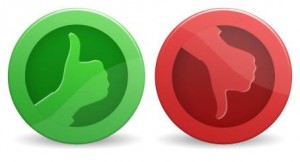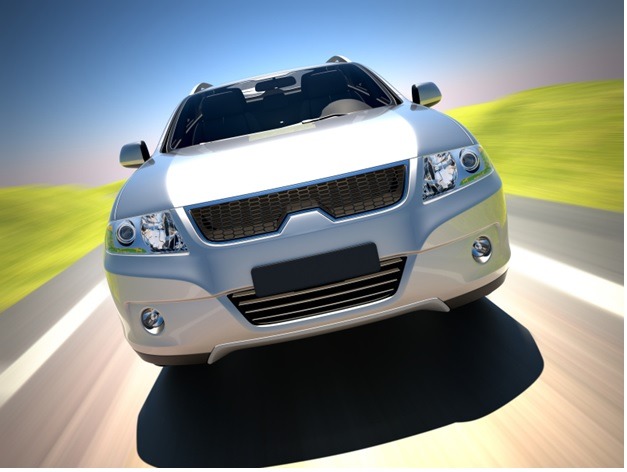A much-discussed article in USA Today this week – “Consumer Reports: Cars better, Infotainment Not” – presents an interesting dichotomy for car makers. Ratings on the overall reliability and quality of many cars are exceptional. But conversely, their infotainment systems frequently drag down their scores.
They name Ford, Honda, and Cadillac as auto brands especially impacted. And, of course, Ford dumped Microsoft earlier in the week in favor of the QNX operating system in an effort to improve its customer experience.
But on the other side of this issue is consumer demand. As Audi America CEO Scott Keogh told a packed press conference, the #2 factor that drives sales of his vehicles is Audi Connect. And at CES the year before, Ford’s VP of Engineering, Hau Thai-Tang, said that two-thirds of Ford SYNC customers who owned smartphones said the system was an important part of their purchase decision.
And as Larry Rosin showed the room at DASH last fall, many consumers have an amazing tolerance for these systems – in spite of the glitches, the speed bumps, and the inconsistencies – because they often can see part of the problems and what these systems can provide to enhance their on-the-road experience.
And I can tell you from speaking to hundreds of engineers, marketers, and designers from the auto companies and Tier One suppliers, bad customer ratings will only drive their companies harder to make necessary reliability improvement and enhancements.
Consumers have sent them a message – they want their mobile entertainment available in a seamless way in the vehicles they drive. The demand is there, but the reliability and consistency factors are still works in progress.
 This will no doubt be part of the conversation at our second DASH conference in Detroit this coming October, as it should be. And over the course of the next several months, we will be talking about “Radio & The Connected Car” with broadcasters around the country, starting next week in Atlanta with the Georgia Association of Broadcasters.
This will no doubt be part of the conversation at our second DASH conference in Detroit this coming October, as it should be. And over the course of the next several months, we will be talking about “Radio & The Connected Car” with broadcasters around the country, starting next week in Atlanta with the Georgia Association of Broadcasters.
But if broadcasters interpret these Consumer Reports scores as proof these systems aren’t going to be successful down the road, they would be wise to rethink that point of view. When the Internet bubble burst around 2000, it turned out to be a very temporary setback as we know from experience today.
Yet at the time, many in radio who scoffed at the worldwide web and the failure of streaming were sadly mistaken about its future impact and value. It was a bad speed bump, a lot of money was lost, and fortunes were wiped out. But the overall value of the Internet was bigger than bad business plans and irrational investment exuberance.
You can never go back to the way things were, and yet many wished the Internet would have simply gone away.
As is the case with automotive infotainment and telematics systems, they are here to stay. And they will get better over time. Too much money and brain power is being devoted to getting it right.
And for broadcasters, it’s an opportunity to partner with automakers and other industry captains and executives while the space is being sorted out and perfected.
It’s just a matter of time.
- Media And Technology In 2025: Believe It Or Not! - April 18, 2025
- In Radio, You Just Never Know - April 17, 2025
- The Secret To Making A Great Podcast (And Great Radio) - April 16, 2025





Leave a Reply